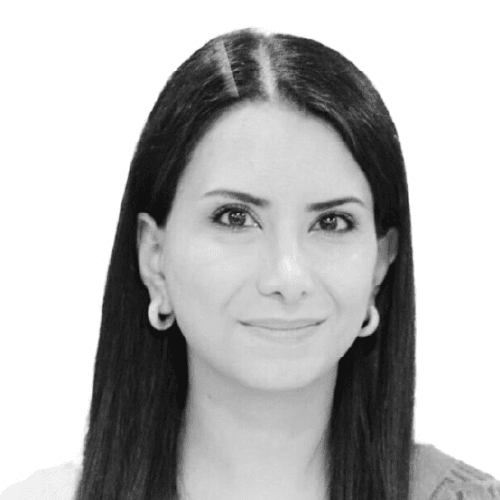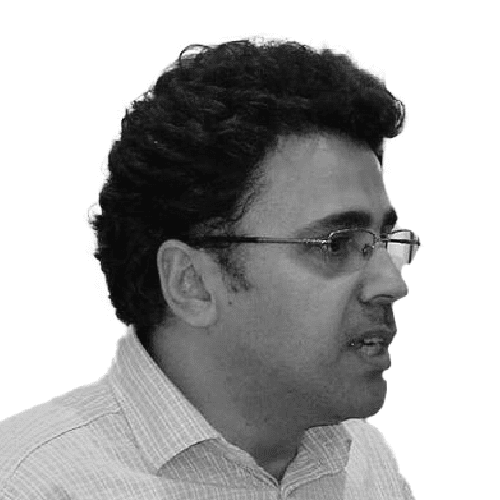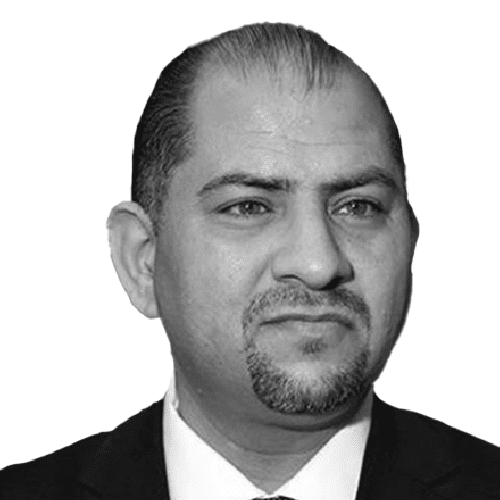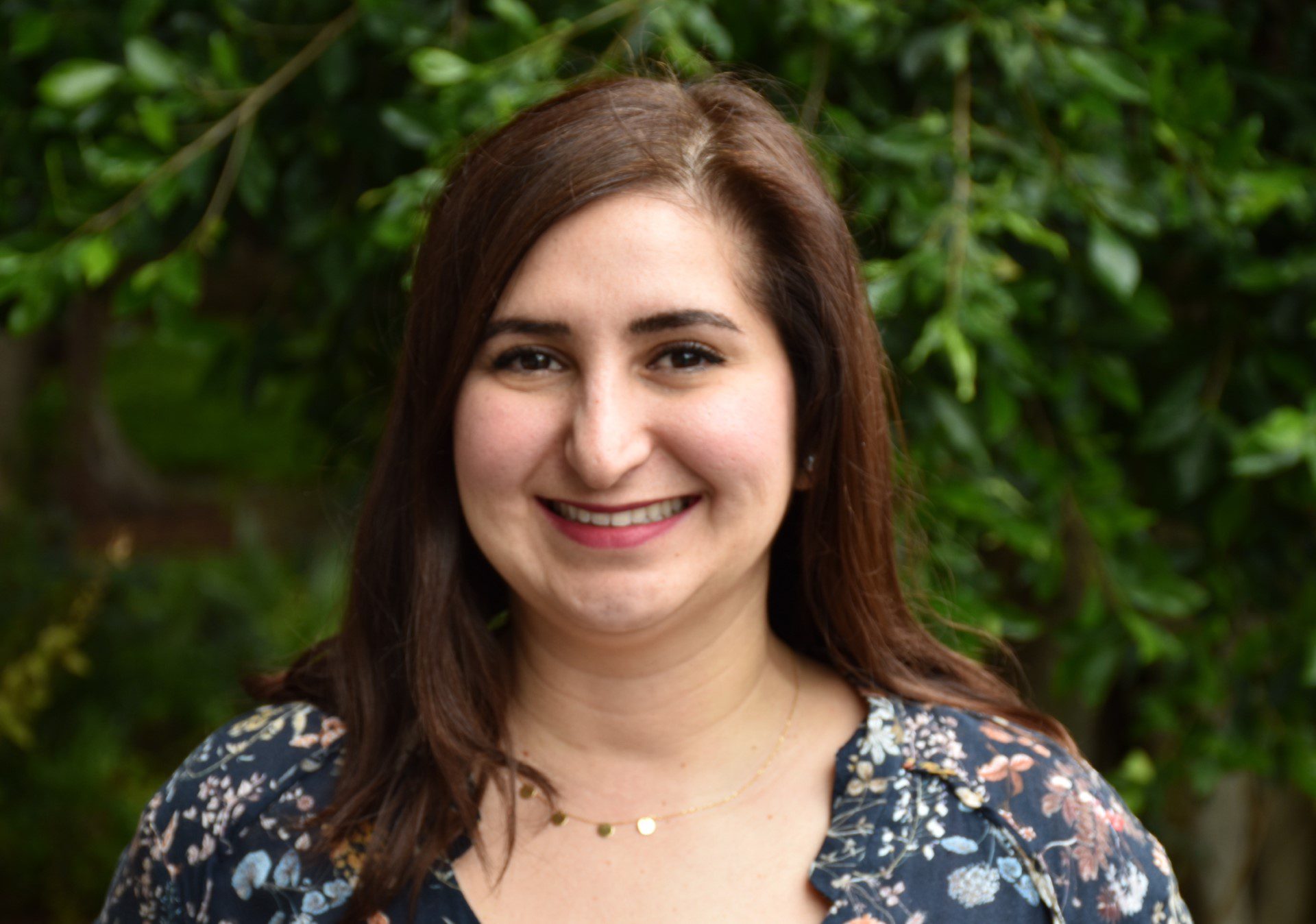The Question of Syrian Refugee Return
May 7, 2025
Summary
The fall of the Assad regime has brought back to the fore questions around Syrian refugee return, including in neighboring countries, where refugees have long faced discrimination and restrictive legal and regulatory frameworks. Yet conditions in Syria remain dire. Destruction of cities is widespread, access to basic services, housing, and property remains limited, and questions about the transitional government’s ability to maintain stability persist. Indeed, most refugees in neighboring host countries have opted to “wait and see,” as the situation in Syria continues to unfold.
Furthermore, international support for Syria’s reconstruction remains unclear, especially with US and EU sanctions still in place. Meanwhile, aid to host countries continues to decrease, increasing pressure on host countries to manage the refugee crisis.
Against this backdrop, the Middle East Council on Global Affairs (ME Council) and the Issam Fares Institute for Public Policy & International Affairs (IFI), within the framework of the Arab Think Tank Network’s activities, hosted a webinar to explore the legal, political, and practical challenges that are shaping return—and what is needed to facilitate a safe, dignified, and voluntary return for Syrian refugees. The webinar addressed the following questions: What are the challenges and obstacles that act as push factors for return in respective host countries, and what factors are likely to influence Syrian refugees’ decision to return to Syria? What challenges and obstacles persist inside Syria that hinder a safe, dignified, and voluntary return, and how can they be addressed? What should the transitional Syrian government and international and regional actors do to facilitate a safe, dignified, and voluntary return?
Speakers:
Rabie Nasser – Syrian Center for Policy Research – SCPR
Samar Muhareb – Arab Renaissance for Democracy and Development – ARDD
Ammar Kahf – Omran for Strategic Studies
1. Rabie Nasser – Syrian Center for Policy Research – SCPR
● Despite the fall of the Assad regime, governance within Syria remains fragmented, with different territories controlled by various factions. The consolidation of power under the transitional government lacks inclusivity, fostering distrust among citizens.
● Severe economic challenges persist, including unemployment, lack of basic services, and absence of judicial mechanisms to ensure property rights and justice. Economic conditions remain dire, with increasing inequality and neoliberal policies that fail to address social welfare.
● Barriers to return like fragile political structures and the absence of reliable state institutions hinder refugees from feeling safe to return.
● Lack of judicial clarity around property ownership creates uncertainty, preventing many refugees from reclaiming their homes.
● Proposed solutions to return include prioritizing the development of trusted and inclusive institutions to bridge the gap between refugees and local governance and designing economic policies that focus on sustainable development rather than short-term humanitarian aid. Overall, there is a need to shift from short-term humanitarian responses to long-term development strategies to ensure sustainable refugee integration and return.
2. Samar Muhareb – Arab Renaissance for Democracy and Development – ARDD
● Jordan faces increasing economic strain due to the prolonged refugee crisis, including food insecurity and reduced access to jobs. Financial aid cuts are worsening the situation, leaving many refugees without basic necessities.
● Syrian refugees in Jordan face bureaucratic challenges, especially regarding documentation and re-entry policies. Women and girls face heightened risks, including gender-based violence and lack of adequate healthcare.
● In terms of the government stance, Jordan maintains a policy of voluntary return but does not actively encourage refugees to leave. Policies are aimed at ensuring that refugees can return safely if they choose to do so.
● Local NGOs and international agencies play a crucial role in providing legal aid, counseling, and community engagement but advocacy for policy clarity and better communication between the government and refugee communities is vital.
● There is a need to strengthen the legal framework to facilitate voluntary and dignified return and enhance coordination between stakeholders to address the multifaceted challenges faced by refugees.
3. Ammar Kahf – Omran for Strategic Studies
● Turkey’s approach initially focused on facilitating refugee returns, but recent policies aim to balance refugee integration and economic benefits.
● Syrian refugees have become an integral part of Turkey’s labor market, especially in sectors like textiles and agriculture. Sudden return policies have proven impractical due to economic dependencies. Therefore, the return of a significant number of Syrians would create economic and social disruptions within Turkey.
● Poor infrastructure and fragmented governance within Syria also make a large-scale return unfeasible.
● Socio-cultural reintegration is difficult, especially for children and youth who have grown up within Turkish society.
● There should be a focus on long-term integration strategies that acknowledge the socio-economic contributions of Syrian refugees and developing policies that support gradual and voluntary returns rather than forced repatriation.
● Civil society’s role includes enhancing local governance and supporting community-based initiatives to build sustainable livelihoods for returnees. More targeted and sustainable international support is essential, particularly as aid decreases. Engaging regional actors and supporting local governance will be key to addressing the refugee crisis.
Speakers

Samar Muhareb
Director, Arab Renaissance for Democracy and Development (ARDD)

Rabie Nasser
Co-founder, Syrian Center for Policy Research (SCPR)


